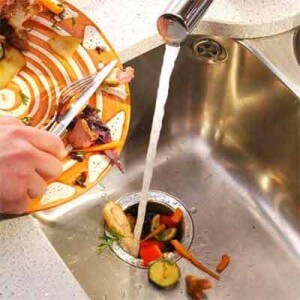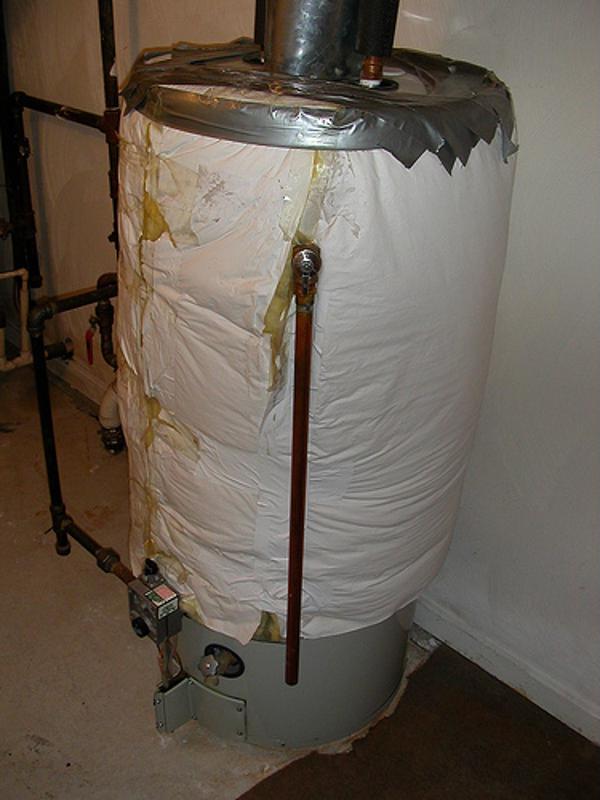One of the worst things that can happen is to have serious plumbing issues! When it works well we don’t think much about it, but when it doesn’t, it can wreak havoc on every facet of life. There are actually a lot of things that can go wrong with plumbing. Some things are our fault, and some are not. Plumbing is more delicate than you may think, so be sure you are avoiding some of these sneaky plumbing factors that can cause serious damage:
Kitchen sinks are the spot of most clogs in the home. We tend to misuse the kitchen sink to wash things we shouldn’t, and dispose of things that don’t belong down that drain. The number one no-no? Pouring fat from cooking dishes down the drain to get rid of it. The grease that used to cook your food should is one of the most common plumbing dangers. Unfortunately, even if you run plenty of hot water as you do it, grease hardens into lard and gets stuck in the narrowing pipes down below your sink before exiting into the sewer lines or septic tank. As this buildup continues, other materials start to adhere and stick to it also, further narrowing the pipes. Eventually a big clog forms and blocks the drain completely. Professional removal is usually necessary, for a big inconvenience and expense. Always dispose of your grease into the garbage. It’s much better to let grease cool and then scrape it into your trash, or pour off into a can or something you can safely dispose of in the garbage.

Garbage disposals are great to chew up our food waste when dinner is done, but there are many items that do not belong down the disposal. Never use your disposal to get rid of coffee grounds, grease, bones, starchy grains, or vegetable peelings such as potatoes and squashes. These items do not clear completely through the pipes, create buildup and eventually clogs that will block your drain completely.
Even “flushable wipes” really aren’t that flushable. Numerous municipalities report that moistened wipes are causing sewage backups and residential clogs and contamination (yuck!). Many do not meet industry standards for flushable and properly biodegradable, so best to dispose of them in the trashcan.
You should also never flush materials such as paint products, chemicals or bleach down your toilet. If you have a septic system, these products are very corrosive and can cause serious damage. Even if you are on a city sewer system, harsh chemicals are dangerous to the environment and should always be disposed of properly at your local transfer station.
This is a very bad habit found many times in basements where our plumbing pipes are exposed and just up there looking perfect to hang the off-season coats and clothes on. Pipes over the laundry area can be often used as indoor clothes lines and places to hang pressing. Copper and other plumbing pipes are meant to transport water, NOT to support weight! Just a few garments can add up to significant weight, especially when wet. This small strain can compromise joints over time and cause pipes to burst. Water yes, clothes racks no.
Drain and clog cleaners contain extremely harsh chemicals that are not only terrible for leach fields, but very corrosive and dangerous for all plumbing fixtures and pipes. They are so damaging that use often voids manufacturer warranties on plumbing fixtures and toilets. This goes for drop in toilet bowl cleaners too! Sorry folks, clean your toilet the old fashioned way, and be careful what goes down your drains to avoid clogs.

Water heaters have a lifespan, and after 8 years or so should be checked by a professional for signs of failure. Not only less energy efficient over time, old hot water heaters are a risk for failure that will pump gallons of water into your home or basement, causing major damage. Never wrap insulation around a hot water heater, and have it checked regularly and serviced according to the manufacturer suggestions.
We all love the landscaping aesthetic and protection that trees offer our yards. Unfortunately, under that lovely shade tree are roots growing wherever they need to. Of course, we have pipes leaving our homes and running through the yard as well. Tree roots present significant danger to your plumbing if they grown close enough to bust through pipes and drains. Tree roots can even penetrate through foundations of buildings. It’s best to keep trees well back from your house.
Even the smallest of water leak can lead to a major repair and water damage to your house. Never simply put a bucket under a leak and forget about it. Always have a licensed plumbing professional repair any plumbing leaks immediately. Take care of it when it’s small to avoid a major cost down the road!
Schedule your annual inspection today!